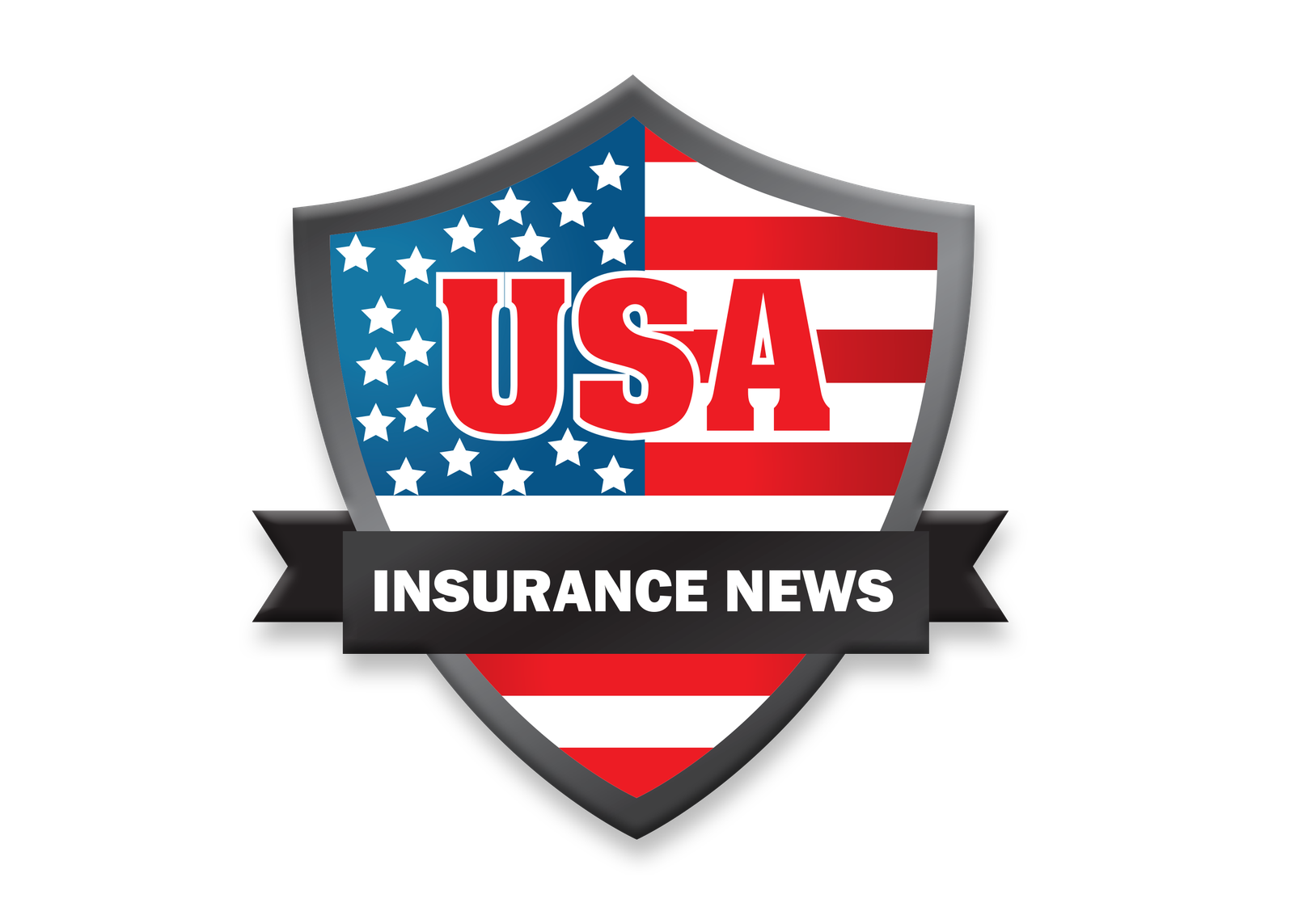Home or property insurance, life insurance, disability insurance, health insurance, and automobile insurance are five types that everyone should have. There are many types of insurance available, but these five are considered the most important. Understanding the fundamental role of insurance, determining coverage requirements, researching insurance providers, and knowing policy inclusions and exclusions are key factors to consider when looking for insurance. Additionally, keeping a clean credit and driving record, choosing the right car, and assigning the right driver to each car can help save money on insurance premiums.
For further information and assistance, The California Department of Insurance (CDI) and various insurance websites provide valuable tips and advice on insurance purchases.
Insurance Tips & Advice

Importance of Insurance
Insurance plays a crucial role in safeguarding individuals, families, and businesses from potential financial hardships resulting from unexpected events. It provides a safety net that helps protect finances, assets, and well-being. Understanding the significance of insurance and making informed decisions when it comes to various types of coverage is an essential aspect of financial planning and risk management.
Protecting Your Finances
Insurance serves as a vital tool for protecting finances from unforeseen expenses and liabilities. By having appropriate insurance coverage, individuals can mitigate the financial impact of events such as accidents, illnesses, natural disasters, and legal claims. This ensures that they can maintain financial stability and continuity in the face of adversity.
Safeguarding Your Assets
Assets represent a significant investment of time, effort, and resources. Insurance helps in safeguarding these assets, including homes, vehicles, and personal belongings, from potential risks and damages. In the event of a loss, insurance coverage can provide the necessary financial support to repair or replace the affected assets, thus preserving the individual’s financial well-being.
When it comes to insurance, research and comparison are key. It is important to determine the appropriate coverage requirements based on individual circumstances and risk exposure. Additionally, identifying reputable insurance providers and understanding policy inclusions and exclusions are imperative for making informed decisions and ensuring adequate protection.
Applying practical saving tips and adopting effective risk management strategies are essential elements in maximizing the benefits of insurance. By maintaining a clean credit and driving record, choosing vehicles wisely, and assigning the right driver to each car, individuals can optimize their insurance premiums and coverage while ensuring financial security.
It is advisable to seek guidance and advice from reputable sources, such as insurance professionals and regulatory agencies, to make informed decisions about insurance needs and coverage options. By staying informed and proactive, individuals can secure the required protection to safeguard their finances and assets.
Choosing The Right Insurance
Assessing Your Needs
Before selecting an insurance policy, it’s crucial to understand your specific requirements.
- Identify your assets that need protection
- Assess your financial situation and budget
- Consider your lifestyle and plans
Comparing Coverage Options
Once you’ve evaluated your needs, it’s time to compare the coverage options available.
- Research various insurance providers
- Review the types of coverage offered
- Compare premiums and deductibles
By examining these factors, you can make an informed decision and choose the insurance that best suits your needs.
Understanding Policy Terms
Understanding Policy Terms is crucial in navigating the world of insurance. One key aspect to grasp is
Deductibles And Premiums
. Deductibles refer to the amount you pay out of pocket before the insurance kicks in, while premiums denote the regular payments you make to maintain coverage.
Policy Exclusions
, outlining what is not covered by your insurance. It’s essential to be aware of these exclusions to avoid surprises when filing claims.

Saving on Insurance Costs
Looking to save on insurance costs? Follow these steps: maintain a clean credit and driving record, choose your car wisely, and assign the right driver to each vehicle. For more tips and advice on insurance, visit our website.
Bundling Policies
Reviewing Regularly
Making A Claim
When it comes to making a claim, it’s important to have the right insurance coverage. Whether it’s home, life, disability, health, or automobile insurance, understanding the types of insurance and researching providers are key steps to ensure you’re protected.
Documenting Incidents
When it comes to making an insurance claim, one of the most crucial steps is documenting the incidents that led to the need for a claim. This documentation plays a vital role in the claims process, as it provides evidence to support your claim and helps the insurance company assess the situation accurately. Whether it’s an accident, damage to your property, or loss of valuable items, proper documentation is essential to ensure a smooth claims process.
To effectively document incidents, you can follow these steps:
- Take photographs or videos: Capture clear and detailed visuals of the incident, focusing on the damaged or affected areas. Make sure the images accurately represent the extent of the damage and provide context.
- Write detailed descriptions: Accompany your visual documentation with written descriptions of what happened. Include important details such as the date and time of the incident, the cause (if known), and any relevant circumstances.
- Collect supporting evidence: Gather any relevant documents, receipts, or records that can further support your claim. This might include repair estimates, police reports, medical reports, or witness statements.
Navigating The Process
Once you have documented the incidents, the next step is to navigate the claims process. This process can vary depending on the type of insurance and the insurance provider. However, there are general steps that can guide you through the claims process:
- Contact your insurance company: Notify your insurance company as soon as possible to report the incident and initiate the claims process. Provide them with all the necessary information and documentation you have collected.
- Understand your policy: Familiarize yourself with the terms and conditions of your insurance policy. Be aware of any deductibles, limits, or exclusions that may apply to your claim.
- Cooperate with the investigation: Your insurance company may investigate to assess the validity of your claim. Cooperate fully with their requests for information, documentation, or any additional evidence they may require.
- Keep a record of communication: Maintain a record of all communication with your insurance company, including dates, times, names of representatives, and details of discussions or decisions made. This record can be helpful in case of any disputes or discrepancies during the claims process.
- Be patient and follow up: The claims process can take time, so it’s important to be patient. However, don’t hesitate to follow up with your insurance company if there are delays or if you have any concerns or questions.
Remember to always review your policy and consult with your insurance provider for specific guidance tailored to your situation. By documenting incidents accurately and understanding the claims process, you can increase your chances of a successful insurance claim.
Types of Insurance
Understanding the various types of insurance is essential for successful financial planning and risk management. Without the appropriate coverage, individuals and families may face significant financial hardship in the event of unforeseen circumstances. Here, we’ll delve into the different types of insurance, including auto insurance, home insurance, and health insurance, to provide a comprehensive coverage guide and offer valuable saving tips.
Auto Insurance
Auto insurance is a crucial aspect of financial protection for vehicle owners. It provides coverage for damages resulting from accidents, as well as protection against liability in case of injury or property damage. To ensure optimal coverage and cost-effectiveness, it is advisable to research insurance providers thoroughly and carefully assess coverage and policy inclusions and exclusions.
Home Insurance
Home insurance, also known as property insurance, offers protection for homeowners and their properties. It covers potential damages to the home, and its contents, and provides liability coverage. Understanding coverage requirements and choosing the appropriate policy is vital for safeguarding one’s most valuable assets and possessions.
Health Insurance
Health insurance is essential for managing medical expenses and ensuring access to quality healthcare services. Researching insurance providers and selecting the most suitable coverage options is essential to address specific healthcare needs and financial constraints. With the right health insurance coverage, individuals can effectively manage medical costs and ensure access to necessary treatments and services.
When considering insurance options, it’s important to assess different types of insurance to determine the best approach to financial security and risk management. By utilizing saving tips and maximizing coverage benefits, individuals can effectively protect themselves and their families from potential financial hardship.
Insurance For Small Businesses
Small businesses face various risks that can potentially disrupt operations or lead to financial losses. Securing the right insurance coverage is crucial to protect your business from unforeseen circumstances.
Liability Coverage
Liability coverage shields your small business from legal claims and lawsuits filed by third parties for bodily injury or property damage caused by your business operations.
Workers’ Compensation
Workers’ compensation insurance is essential for small businesses with employees. It provides coverage for medical expenses and lost wages if an employee is injured or becomes ill while performing work-related duties.
- Liability coverage protects against legal claims by third parties.
- Workers’ compensation covers medical expenses and lost wages for employees.
Why Small Businesses Need Insurance
Small businesses are vulnerable to risks that can impact their financial stability. Securing the right insurance coverage is crucial to mitigate these risks and ensure the continuity of operations.
Insurance Fraud Prevention
Insurance fraud prevention is crucial to safeguard your assets. Follow these tips to protect yourself from scams and false claims, such as verifying policy details and reporting any suspicious activity promptly. Stay informed and vigilant to avoid falling victim to insurance fraud.
Insurance Fraud Prevention Insurance fraud is a serious issue that can impact both individuals and insurance companies. Understanding how to prevent insurance fraud is crucial for safeguarding your assets and ensuring the integrity of the insurance system. By being vigilant and proactive, you can protect yourself from falling victim to fraudulent activities.
Identifying Red Flags
– Unsolicited Offers: Be cautious of unexpected offers or deals that seem too good to be true. – Incomplete Documentation: Verify the authenticity of documents and information provided by the insurance provider. – Pressure to Act Quickly: Fraudsters may try to rush you into deciding to prevent scrutiny. – Lack of Transparency: If the terms and conditions of the insurance policy are unclear, it could be a red flag. – Incorrect Information: Discrepancies in policy details or personal information may indicate fraudulent activity.

Reporting Suspicious Activity
– Contact Authorities: If you suspect insurance fraud, report it to the relevant authorities immediately. – Provide Evidence: Be prepared to provide any evidence or documentation that supports your suspicions. – Cooperate with Investigations: Work closely with insurance investigators to help uncover the fraud. – Protect Others: Reporting fraudulent activity safeguards your interests and protects others from falling victim. By staying alert and following these guidelines, you can actively prevent insurance fraud and promote a fair and trustworthy insurance industry.
Frequently Asked Questions
What are the 3 most important insurance?
The 3 most important insurances are home or property, life, and health insurance.
What are the five 5 things to know before getting insurance?
Before getting insurance, understanding its importance is key, knowing the types available, coverage requirements, researching providers, and policy details are crucial guidelines.
What are 5 tips for buying car insurance?
Here are 5 tips for buying car insurance: 1. Understand the importance of insurance and the different types available. 2. Determine your coverage requirements before researching providers. 3. Research insurance providers and compare policies. 4. Consider factors like credit and driving record when choosing a car and driver.
5. Review policy inclusions and exclusions before making a decision.
Conclusion
In today’s world, it’s essential to prioritize the right insurance for a secure future. Understanding the types, and coverage requirements, and researching providers is key. Taking steps to save more and seeking advice can ensure informed decisions and effective protection. These insurance tips aim to assist individuals in making the best choices.

